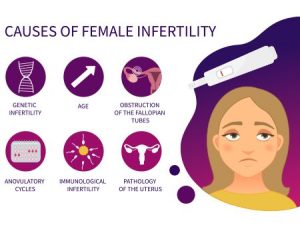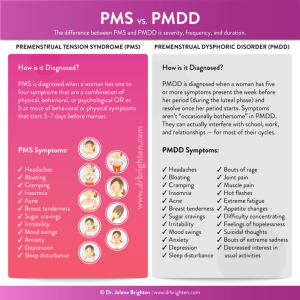Navigating hormonal changes during perimenopause

Perimenopause, also known as the menopausal transition, is the period in a woman’s life when her body gradually
transitions from reproductive to non-reproductive years. It usually starts in a woman’s 40s, but can happen
earlier or later. This transitional phase can bring about various physical and emotional changes due to hormonal
fluctuations, and it’s crucial to understand how to navigate them.
Understanding Perimenopause
Perimenopause is characterized by irregular menstrual cycles and hormonal imbalances. During this time, the
production of estrogen and progesterone – two key hormones for reproductive health – starts to decline. This
decline can lead to symptoms such as hot flashes, night sweats, mood swings, sleep disturbances, and vaginal
dryness.
Recognizing Hormonal Changes
It’s important to be aware of the hormonal changes occurring during perimenopause to better manage the associated
symptoms:
Estrogen Levels: Estrogen levels fluctuate greatly during perimenopause. Some women may
experience estrogen dominance, while others may have lower estrogen levels. These fluctuations can impact
mood, sleep, and overall well-being.
Progesterone Levels: Progesterone levels also fluctuate during perimenopause. Reduced levels
can contribute to mood swings, irritability, and difficulty sleeping.
Follicle-Stimulating Hormone (FSH): FSH levels tend to rise during perimenopause. Elevated
FSH levels can lead to irregular menstrual cycles and contribute to some physical symptoms.
Managing Hormonal Changes
While dealing with hormonal changes during perimenopause can be challenging, there are strategies that can help
alleviate symptoms:
1. Healthy Lifestyle Choices
Engaging in regular exercise, consuming a balanced diet, and getting enough sleep can positively impact hormone
levels and overall well-being. Regular physical activity can help reduce hot flashes and promote better sleep.
2. Hormone Replacement Therapy (HRT)
HRT involves supplementing the body with hormones (estrogen and progesterone) through medications. It can be
helpful in managing severe symptoms, but it should only be considered under the guidance of a healthcare
professional.
3. Natural Remedies
There are various natural remedies that can offer relief from perimenopausal symptoms. These include herbal
supplements like black cohosh and evening primrose oil, as well as mindfulness techniques like yoga and
meditation.
4. Support Network
Seeking support from friends, family, or joining support groups can provide emotional assistance during this
transitional phase. Sharing experiences and coping strategies can be empowering and reassuring.
Conclusion
Perimenopause is a natural phase in a woman’s life, but it can present challenges due to hormonal changes. By
understanding the hormonal fluctuations and implementing appropriate strategies, women can navigate through this
transitional period with ease. Remember, consult with a healthcare professional for personalized guidance and
support.






